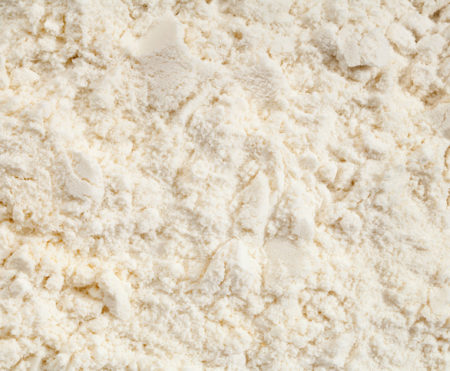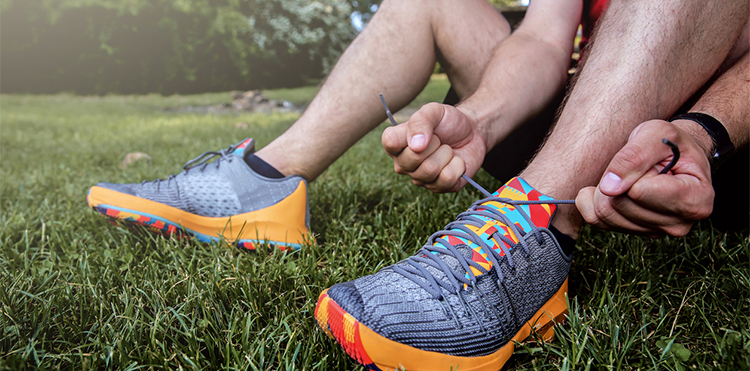
After a tough training session, we usually have a lot going on in our minds: we either can’t wait to kick off our trainers and have a seat, or we are scrambling to check Strava to see if we have set a new PB. But how many of us think about helping our body recover from the stresses and strains that we have just been through?
Why Active Recovery Is Important
For those of us that like to do blocks of training, the way that we recover is vital to helping us get back to pounding the pavements and trails day after day. Our bodies will recover naturally over time, but by actively replacing energy sources and supplying the nutrients needed to rebuild muscle, we can help reduce the soreness associated with training and get you back on your feet stronger the next day.
Furthermore, intense periods of endurance exercise can cause dips in the effectiveness of the body’s immune system, leaving us open to infections and illness for between 3 and 24 hours after we exercise. As your immune system runs largely off glucose, this can be magnified to as long as three days after marathons or ultra runs.
Protein and Carbohydrates
So how do we recover? Many think thank post exercise is all about protein, which is an important part of the process as it helps us to repair our muscles, and grow stronger. However what is overlooked is the role that carbohydrates play.
As well as supporting our immune systems, carbohydrates replenish glycogen, which is our muscles major energy store during moderate to high intensity exercise. Once working at high heart rates we can’t metabolise fat fast enough and we heavily rely on carbohydrate, stripping away this source. We can only store enough carbohydrate to last for approximately 90 minutes worth of exercise. This is why we need to consistently refuel during events over an hour and a half long. After long or high intensity exercise these stores are severely depleted, which is why we feel tired and weak afterwards.Therefore it is important that we get the right fuels back in our bodies.
Timing
Speed is of the essence with metabolism lifted for around 30 minutes after our run is over. With time being in short supply and plenty of other post-training distractions, you may not have time to prepare and consume a meal, which is why recovery drinks are a good option. Not only are they quicker to make and consume, but they also easier to digest than solid foods, meaning that nutrients are distributed around the body quicker. The perfect mix to look for when choosing a suitable recovery product is a mix of 20-25g of protein and around 1.2g carbohydrates per kilo of body mass.
Your food intake and routine over the rest of your day can also help you get back out running. A range of fruit and vegetables will help by providing antioxidants, with the more colours and variations consumed the better. A lack of sleep can impede recovery, as this is where most of our growth and repair is done. To aid this think about consuming an overnight protein drink an hour before going to bed. The best way to support muscle growth and development is to feed ourselves 20-25g of protein every 3-4 hours. Feeding during the night is obviously very difficult so taking a slow release milk-based protein before bed allows quality sleep and quality protein delivery to maximise your training adaptations.

Credit: Emma Barraclough is the Senior Sports Nutritionist for Science in Sport (SiS) www.scienceinsport.com






